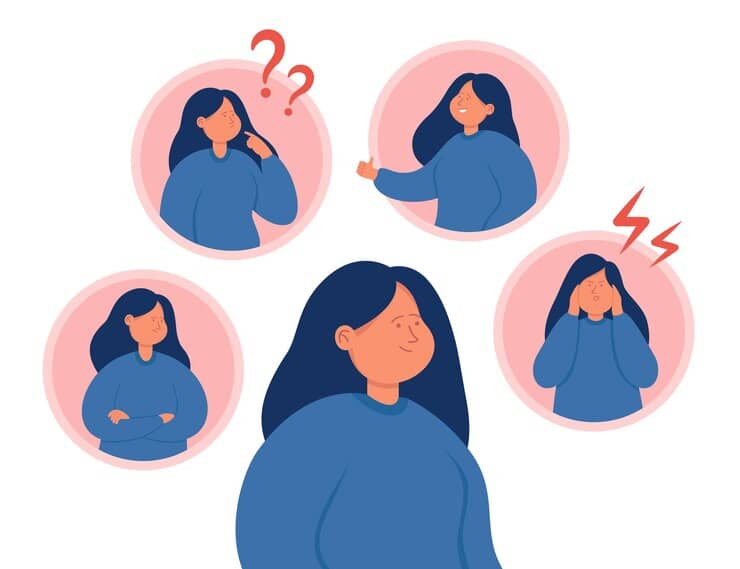
Eating disorders are complex mental health conditions that can emerge during the teenage years. Anorexia nervosa, bulimia nervosa, and binge eating disorder are the most common eating disorders seen in adolescents. Identifying the signs early and seeking treatment can help prevent more serious physical and mental health complications. Here are some of the key warning signs that may indicate a teenager is suffering with an eating disorder.
Significant Weight Loss
One of the most apparent signs of anorexia nervosa is when a teenager experiences a dramatic weight loss in a short period of time due to restricted eating. They may lose weight quickly and continue losing more weight even when they are already at an extremely low and unhealthy weight. Teens with anorexia often have a distorted body image and an intense fear of gaining weight.
Binge Eating and Purging
Teenagers with bulimia nervosa go through cycles of binge eating large amounts of food followed by purging behaviours to try to get rid of the food consumed. This may involve self-induced vomiting, abuse of laxatives or diuretics, excessive exercise, or fasting. After a binge, teens may disappear to the bathroom for long periods of time. Signs of purging include discoloured teeth, bad breath, and red or swollen eyes from vomiting.
Preoccupation with Food and Calories
Teenagers with eating disorders often become fixated on food, calories, nutrition labels, body weight, and dieting. They may cut out entire food groups, avoid mealtimes with family, and isolate themselves to eat alone. Anorexic teens may prepare special low-calorie meals for themselves. Teens with binge eating disorder may hide or hoard food in their room to binge eat later in secret. An eating disorder dietician can help a teen make healthier eating choices. Search for eating disorders dietician services in the UK to find an ED nutritionist.

Extreme Mood Changes
When teens are not getting proper nutrition, it can take a serious toll on their physical and mental health. Eating disorder behaviours like restriction or purging are often used to cope with or avoid negative emotions. Teens with eating disorders may experience severe mood swings, anxiety, irritability, depression, and angry outbursts. They may have trouble managing stress and appear emotionally unstable.
Signs of Hair Loss and Skin Changes
The physical effects of malnutrition or purging may begin to manifest in ways that are apparent such as thin, brittle hair, dry skin, and a layer of fine hair growing on the body called lanugo. Teens may also complain of feeling cold all the time because their body lacks sufficient fat for insulation.
Withdrawing from Social Activities
Eating disorders result in social isolation. Teens may avoid going out to restaurants or being around food in social situations. They may skip family meals, birthday parties, or going out with friends. Teens feel compelled to carry out their eating disorder habits in private. They may frequently make up excuses to avoid activities that involve food.
Getting help at the first signs of a possible eating disorder can prevent complications and long-term health consequences. Be compassionate and non-judgmental in communicating concerns and encouraging a teen to open up. Do not wait to involve a doctor, therapist, or eating disorder specialist to assess the situation. With professional treatment, nutritional rehabilitation, medical monitoring, and a strong support system, teens can recover from disordered eating.